Why Do Cats Purr? The Mystery Behind Your Feline Friend's Most Endearing Sound
Cats are not just adorable companions; they are also enigmatic creatures that captivate us with their unique behaviors. One of the most cherished traits of our feline friends is their soothing purr. But have you ever wondered, why do cats purr? What does this comforting sound really mean? Join us as we dive into the fascinating world of cat communication and uncover the secrets behind their purring. You might be surprised by what we discover! 😻
Cats make a wide variety of sounds.
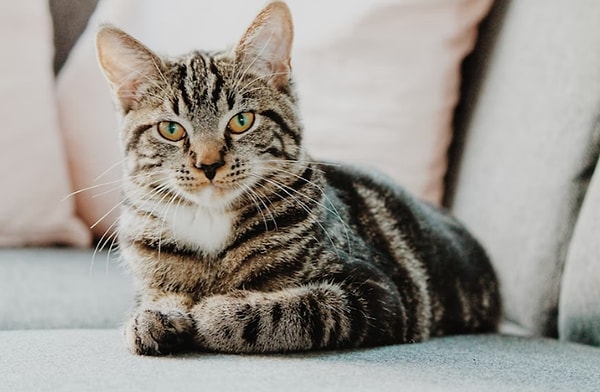
Meowing, hissing, purring, and growling... Each of these sounds carries a hidden meaning. It’s possible to understand what cats are trying to communicate and their emotions at that moment through the sounds they make.
So, why do cats purr?
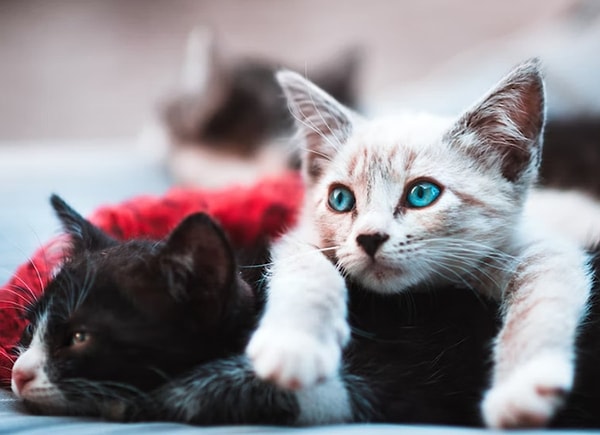
You may have noticed that cats usually purr when they are happy or content. They often purr when they are being petted, lying comfortably in a sunny spot, or in a warm environment. If a cat is purring with its tail still while looking particularly relaxed and peaceful, it means the cat feels safe and happy. However, purring isn’t a sound that cats only make when they are in a 'good mood.'
Some cats purr when it's feeding time.
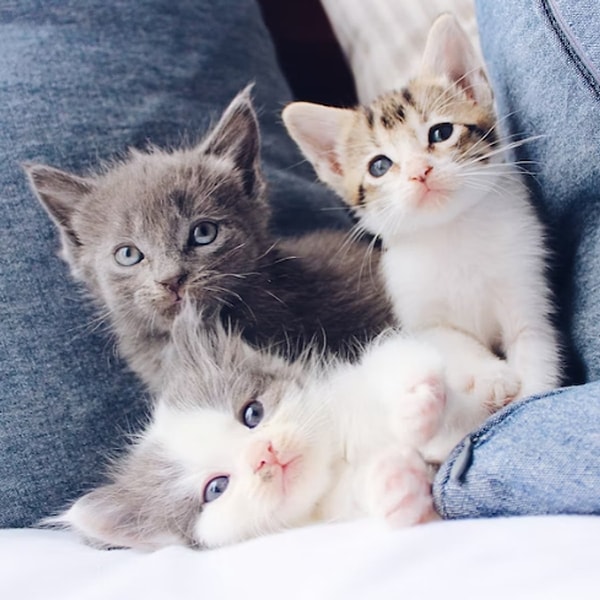
Some researchers have studied the sounds domestic cats make when they are hungry, noting that this purring is somewhat different. When cats purr for food, they often combine their usual purring with an unpleasant groan or meow, similar to a baby's cry. Experts believe we are more likely to respond to this sound.
Kittens purr more frequently.
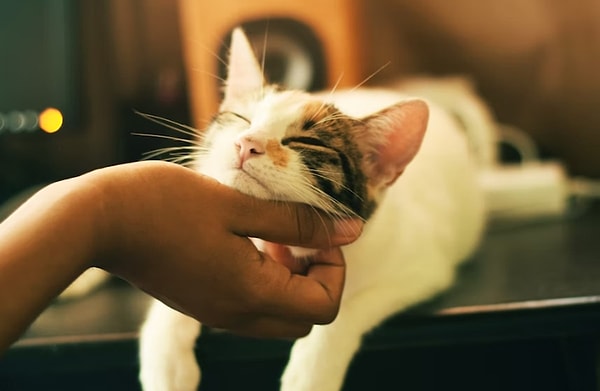
You may have noticed that newborn kittens purr more often. This is likely a way for them to signal their mothers that they are present or doing well. Additionally, purring helps kittens bond with their mothers. Mother cats may also use this purring like a lullaby.
Cats also purr when they are injured or in pain.
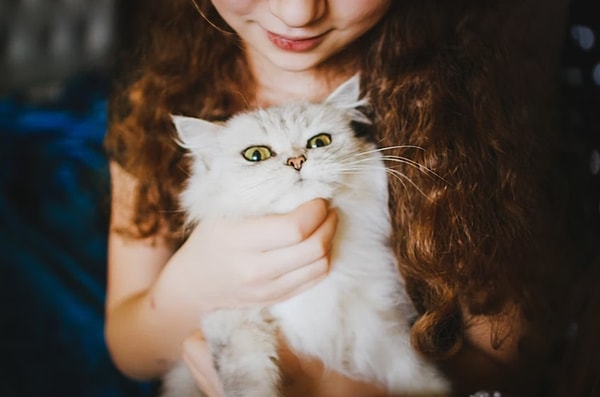
So, why do cats purr when they are hurting? This can be thought of similarly to a child sucking their thumb to feel better. It’s a way for the cat to soothe itself. Moreover, some research suggests that purring may actually help cats heal faster. The low-frequency purring causes a series of vibrations in their bodies that can:
Heal bones and wounds
Strengthen muscles and repair tendons
Facilitate breathing
Reduce pain and swelling.
Purring has healing powers far beyond our guesses.
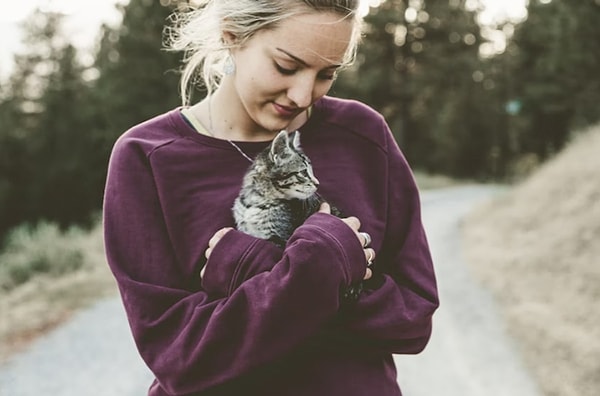
This can help us understand why cats can recover from serious injuries after falling from great heights. Perhaps the saying that cats have nine lives comes from their purring!
Keşfet ile ziyaret ettiğin tüm kategorileri tek akışta gör!


Send Comment